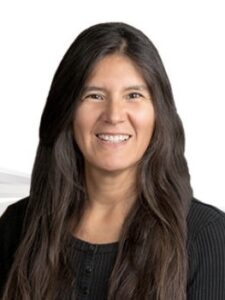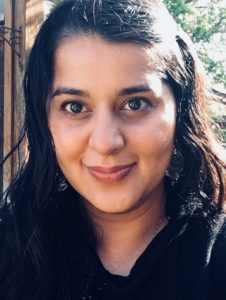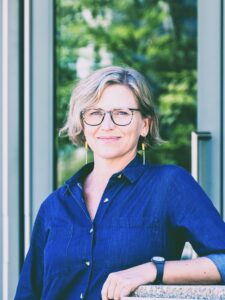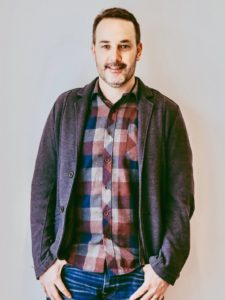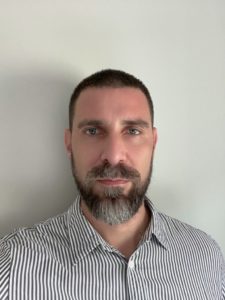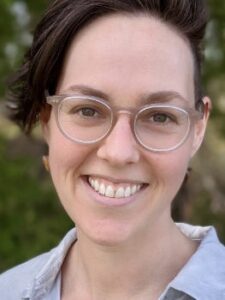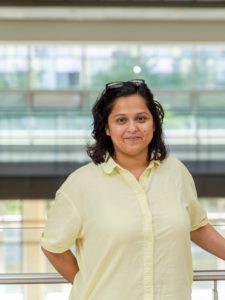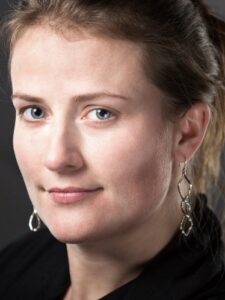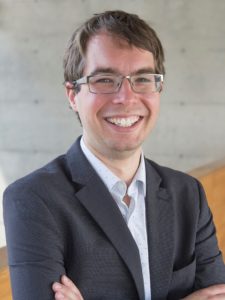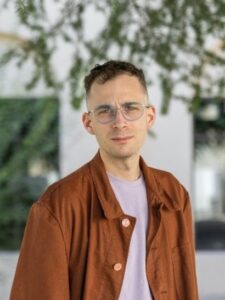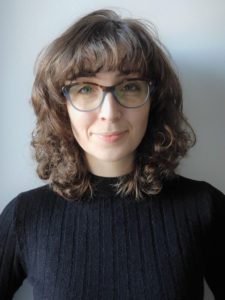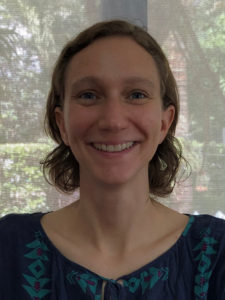Planetary Health for a Planetary Emergency Symposium
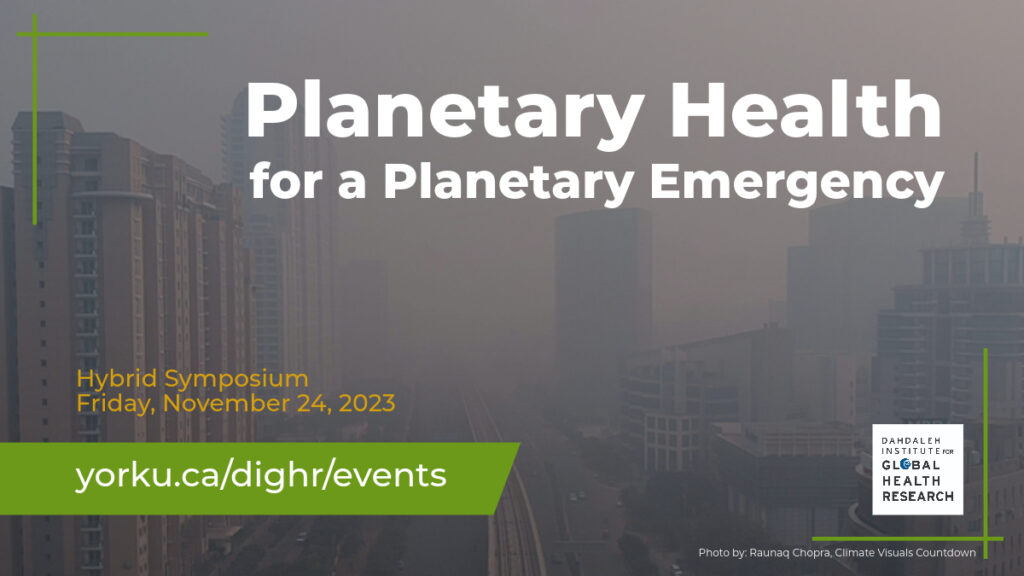
Human activity is pushing ecological limits to a breaking point, and climate change is a fundamental threat to human life.
Now more than ever we need to draw clear associations between climate change and health, develop critical problem-solving interventions, and advocate for climate action that advances wellbeing for all. How do we do this while holding a critical view of the systems and structures which have led us into this climate catastrophe, including the ideologies of colonialism and capitalism that underpin the modern era? How do we advance effective and equitable solutions for planetary health that work against these systems and structures instead of upholding them?
This symposium on critical planetary health brings together scholars from the Dahdaleh Institute for Global Health Research and across York University who work at the intersection of climate change and health, to discuss the potentials of planetary health as a driver of just climate action. This event will also launch the Dahdaleh Institute Planetary Health Research Council which supports a collaborative research community of faculty, post-doctoral fellows, and graduate students committed to planetary health research at York University and beyond.
This symposium will be held in-person at York University (Keele campus). The event will also be streamed on Zoom.
Agenda
All times are listed in the Eastern Time zone
| 10:00 | Introduction |
| 10:20 | Panel 1: Water This panel explores the role water plays at the confluence of environmental and human health. Speakers will discuss efforts to support vital biological and social functions of water in the face of our rapidly changing climate and how such efforts might be positioned to work towards more just, sustainable, and integrated water management. |
| Noon | Catered lunch |
| 13:00 | Panel 2: Land This panel examines the role of land in achieving planetary health, taking a wide view across issues of food security, extractivism, urbanization, and conservation. This includes examples of how land is inherently interconnected with people and the environment and how access to land and tenure rights are themselves a determinant of human and environmental health. |
| 14:30 | Break |
| 14:45 | Panel 3: Air This last panel addresses how air is brought into our approaches to planetary health, drawing together a range of fields related to emissions reduction, human well-being, air pollution, and climate adaptation. Speakers will consider how air pollution disproportionately impacts low income and marginalized populations as well as the climate policy synergies of tackling air pollution that both damages health and impairs ecosystems. |
| 16:15 | Closing comments |
| 16:30 | Reception |
Speakers
RSVP
Register below and join us on Friday, November 24 at 10 a.m.
Thank you for your interest in this event.
Please find the recap and recording here.



